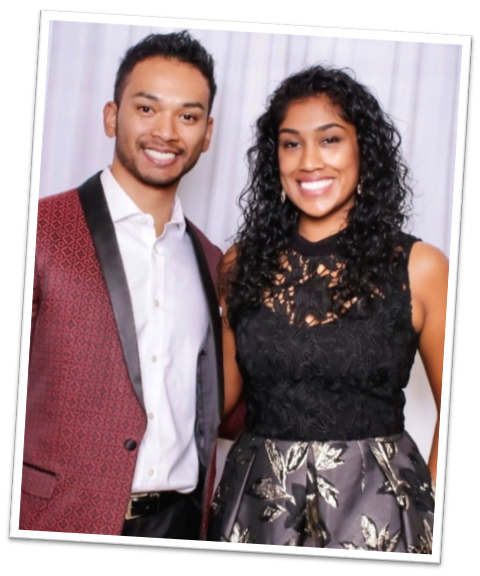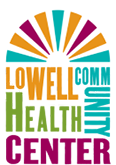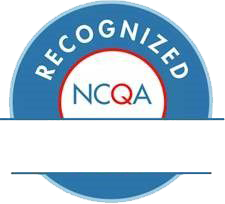Mony

Mony’s path to our Metta Health Center was far from conventional.
What began as a journey to care for his own family has turned into so much more.
Now, this Financial Advisor, turned Behavioral Health Nurse Practitioner is healing his community – one story at a time.
Monywhong Chau, Mony to friends, has always made decisions with his heart.
“I always knew I wanted to do something to help people – to fill a need,” he says.
For Mony – pictured here with his wife, Dr. Tena Chau – helping refugees heal their trauma has become his life’s work. As the son of refugees himself, that experience hits close to home. He credits his wife with keeping him grounded.
Mony joined the Health Center in 2016. He was intrigued by the design of our Metta Health Center, founded 20 years ago to serve the unique needs of Cambodian refugees.
“Everyone in the Cambodian community is survivor of war – in one way or another – I saw that need and I wanted to meet that.”
As survivors of the Khmer Rouge genocide, Mony’s parents fled to the US with his older brother, settling in Iowa where Mony and his 2 other siblings were born.
In addition to navigating cultural and language barriers, his family faced other challenges as refugees. His father had a host of health issues and was often in and out of hospitals. “It was hard for him to advocate for himself,” Mony recalls. Even as his dad’s English improved, language was still a barrier, and he was hesitant to question any information he was given.
“When I talk to my patients, I see a lot of my mom and my dad. At first, it is really difficult – when they share their life story with me. But it also really fuels my work.”
As a teenager, Mony excelled in athletics and originally studied physical therapy and sports medicine in college. It was an encounter with injustice that set him on a very different path.
One day, he picked up his mother from her job at a factory. She was in tears. Eventually, she told Mony that someone at work had mocked her because she couldn’t speak English. It made him angry, but also determined. “That day, I decided that I never wanted her to ever have to work in a factory again.”
When they arrived home, he Googled “What should I study to make the most money?” The answer: Economics. So, he switched his major and, after graduation, went to work for an investment firm, where he excelled. As the years passed, he had a nagging feeling that he was meant to serve his community in a different way.
Eventually, that sense grew too big to ignore and he headed back to school – this time to become a behavioral health clinician. “It was exciting, I was ready for a change of pace,” he remembers.
Although the work is hard, he has never once regretted his decision. “I feel fortunate that someone would be willing to confide in me – with the darkest moments of their life,” he says.
“Seeing Cambodian people serving Cambodian people here at the Health Center – it gives me pride.”
Plus, thanks to the skills he gained during his first career – and smart personal investments – he has been able to keep his commitment to his mother, while doing work that fuels his soul. With his help, she has begun her retirement, secure in the family’s financial future.
Mony continues to keep busy during the pandemic, working hard to overcome the physical separation from the patients whose stories he has come to know so well. He also looks forward to a less socially-distant future.
“My patients can’t wait to come back to the Health Center. They share pictures of their family members, new grandchildren,” he says with a wide smile.
It’s clear from Mony’s unique bond with his patients that he is exactly where he needs to be. “At the Health Center, we’re servicing a niche that is just not being served anywhere else, especially for the refugee population,” he shares with pride.
“That’s what makes our Health Center so important – we realize our patient’s needs are different and meet them where they are.”


